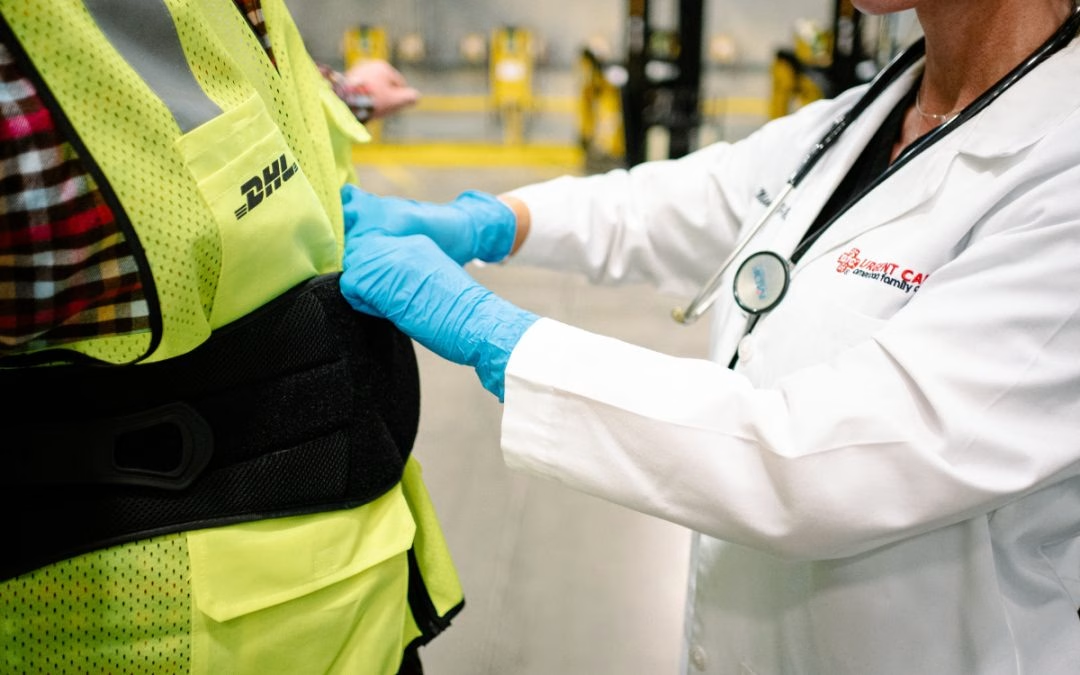
Are you ever tempted to let your child pop a few grape tomatoes into their mouth, or let your child snack on that fresh carrot before you can get home to wash it? You may find the risk simply isn’t worth it.
Young children are known for constantly catching colds or fighting some sort of illness, but children, particularly those under five and infants who are not breastfed are also at higher risk of contracting salmonella which infects the intestines. Anyone can contract salmonella, but the risk can be decreased significantly through some simple steps.
If you are worried that your child has contracted a salmonella infection, our AFC Urgent Care Ballantyne team explains the symptoms to watch for and treatment options below, so read on.
How Do Kids Get Salmonella?
It can be difficult to know how a child became ill with salmonella as the bacteria is most often spread through food such as animal products and vegetables fertilized with animal byproducts. In some regions of the world, it can also spread through contaminated water although this isn’t as common in the United States as it is in other parts of the world. Sometimes, salmonella can even be found in processed food products on your supermarket shelf.
The bacteria can infect your child if they eat undercooked meat or eggs from an infected animal, consume unwashed fruits or vegetables, or encounter the environment of an infected animal, including their excrement. The most common animals that transmit the bacteria are cattle, pigs, birds, and reptiles. Handwashing and thoroughly cooking animal products is key to preventing salmonella infection.
Once infected, your child can begin to feel ill within six hours or it may take six or more days for symptoms to develop. Salmonella infections affect about 1.4 million people (about half the population of Nevada) in the United States each year resulting in 26,500 hospitalizations. Typical salmonella infections resolve within four to seven days without antibiotics. Salmonella is diagnosed through laboratory testing.
Symptoms in Children
- Diarrhea (sometimes bloody)
- Stomach cramps
- Fever
- Chills
- Nausea/Vomiting
- Headache
How Can I Support My Child’s Recovery?
The good news is that most salmonella infections require no medical intervention, however, salmonella is contagious for a while after infection, so take measures to contain it. Encourage rest, provide your child with bland or easily digestible foods, and offer water as often as possible.
Dehydration is one of the most common complications of salmonella infections due to the diarrhea the infection causes. While your child is recovering, keep a close eye on them, especially if they are an infant or have a compromised immune system. Such complications can cause the infection to become more severe or spread and medical intervention may be required.
When Should I Take My Child to the Doctor for Salmonella?
- Your child has symptoms that last more than a week
- Your child experiences bloody stools
- Your child has a high-grade fever of 102 degrees or higher that won’t go away
- Your child becomes severely dehydrated
Stomach issues can be frustrating. See us at AFC Urgent Care Ballantyne for a diagnosis.


